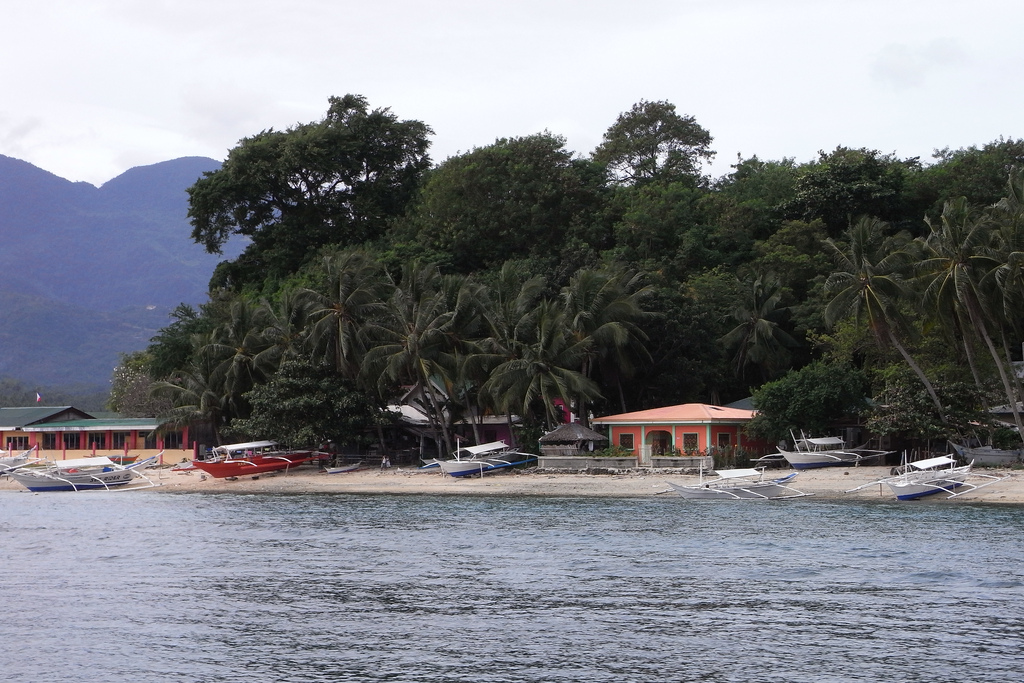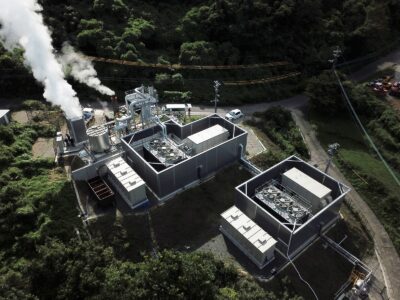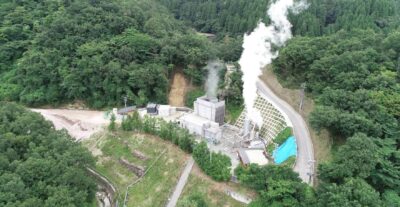Emerging Power receives tax incentive package for Mindoro project
Emerging Power Inc. (EPI) has received the package of tax incentives from the Board of Investments (BOI) as a new renewable energy developer out to put up a 40 megawatt, US$185M-geothermal power project in Naujan, Oriental Mindoro.
The BOI’s grant of incentives to EPI is seen as an indication of the Aquino Government’s resolve to speed up the establishment of more renewable energy facilities to head off anticipated nationwide power outages in the summer of 2015.
“EPI is committed to support the government’s effort to fastrack the construction and completion of more power plants – more so renewable power plants – to address the anticipated power crisis in the coming years. We thank the BOI for granting EPI the tax incentives without undue delay,” said EPI Chairman Martin Antonio G. Zamora.
Given strong support from the BOI and the Department of Environment and Natural Resources (DENR) which already gave EPI its greenlight to proceed with the project, Zamora expressed confidence that EPI would also be able to secure similar notice to proceed from the Energy Regulatory Commission and other government agencies.
EPI’s Geothermal Power Plant Project in Naujan, Oriental Mindoro is committed to finish work and start gradually supplying an additional 40 MW of power to the whole island of Mindoro by the third quarter of 2016.
The BOI’s incentives include income holiday for seven years, duty-free importation of renewable energy machinery, materials and equipment; cash incentive of renewable energy developers for missionary electrification; and tax credit on domestic capital equipment and services, among others.
The BOI perks are given to encourage local and foreign companies to put up renewable power facilities as provided for by the Republic Act 9513 or the Renewable Energy Act of 2008.
EPI’s Mindoro geothermal project is being built on a multi-use zone that straddles barangays Montelago, Montemayor and Melgar-B in the municipality of Naujan.
The geothermal project is expected to result in as much as P2.1 billion in savings (or by 40 percent from P11 per kilowatt-hour to P6.58 per kWh) in electricity bills that the people of Mindoro will pay in four years’ time.
Zamora said the geothermal power project will stabilize power and bring down electricity costs in the blackout-hit island-province which is largely dependent on bunker fuel. He explained that the high cost of diesel and bunker fuel has been jacking up the cost of electricity in Mindoro and all over the Philippines’ main power grids and will continue to do so in the coming years.
Similarly, the SPUG islands, which is ninety-five percent dependent on diesel and bunker-generated electricity, have seen relatively high power generation cost.
Energy Sec. Carlos Jericho L. Petilla earlier welcomed the entry of the EPI geothermal project in the energy mix in Mindoro saying, “Geothermal is a big step towards realizing our dream of a sustained and affordable electricity.”
This observation is shared by House Energy Committee Chair Cong. Rey Umali (Liberal Party, 2nd District of Oriental Mindoro) who said, “The Mindoro geothermal project is the embodiment of the promise of EPIRA for the Philippines to have reliable, sustainable, renewable, and affordable energy.”
The Mindoro project will also spawn downstream industries like aquaculture and eco-tourism. Further, a boost in local employment demand is foreseen in line with these developments.
EPI, which is responsible for the exploration and development of the geothermal project, has tapped the expertise of the Geo-Survey Institute of Iceland (ISOR) and the geothermal department of the Institut Teknologi Bandung (ITB) of Indonesia to carry out the renewable energy project
Source: Press Release by EPI


















